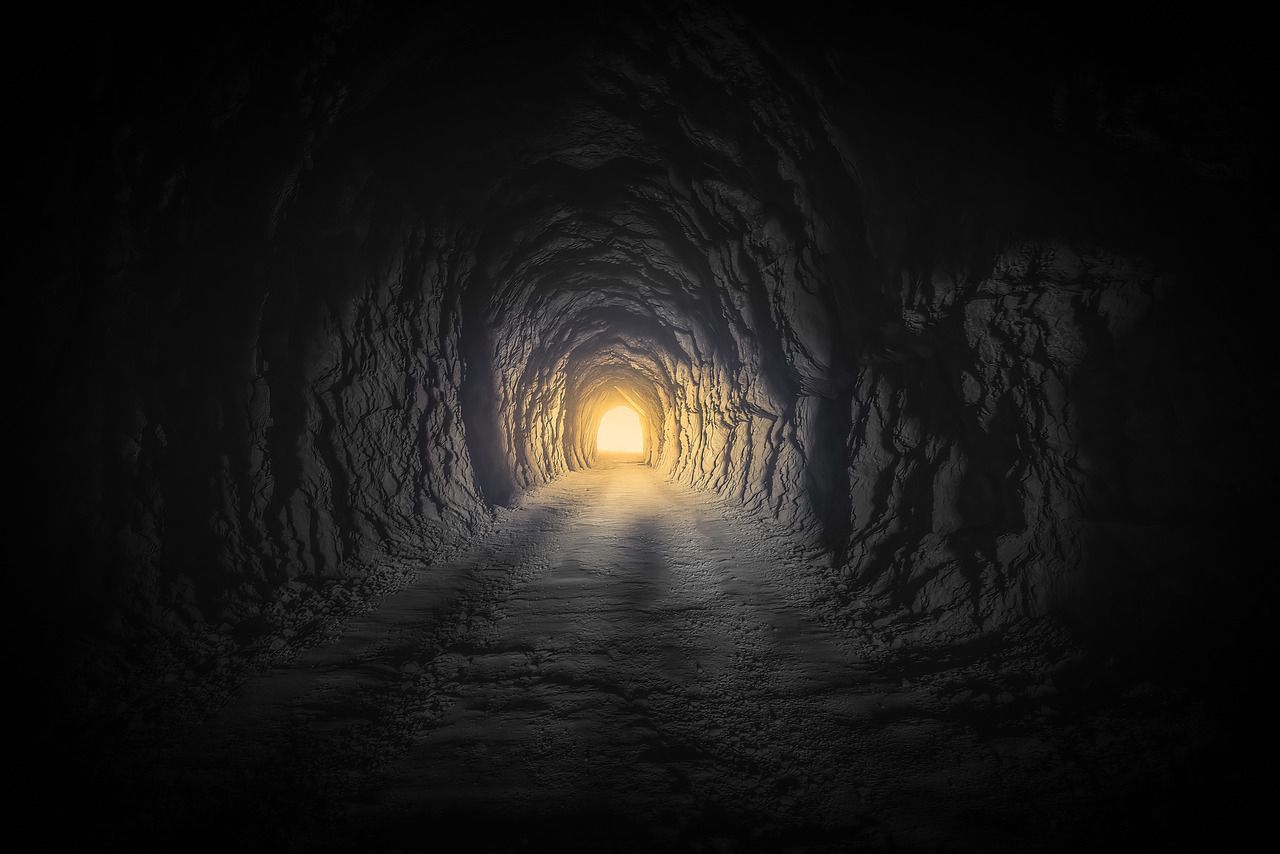A recent study looked into patients who were revived after their hearts had stopped.
Some of these patients, up to an hour after being revived, had vivid memories of experiencing death.
Their brains also showed patterns linked to thinking and remembering, even when they were unconscious.
More about the research
Out of 568 patients who got CPR in the hospital, fewer than 10% got better enough to leave.
However, 4 out of 10 of those who survived remembered some level of consciousness during CPR that wasn't usually detected.

The study also found that in some patients who had their brains monitored, almost 40% showed brain activity going back to normal after being flatlined, even an hour into CPR.
This was seen in brain waves connected to higher mental function.
Survivors often reported having very clear experiences during this time, like feeling separate from their body or observing things without pain.
These experiences were different from things like dreams or illusions.
The researchers think that when the brain is close to shutting down, it might remove natural inhibitory systems.
This could let people access different levels of reality, including recalling all their memories from childhood to now.
While the exact reason for this isn't known, it gives us a chance to understand more about what happens when a person dies.
Why it's important
Dr. Sam Parnia, one of the lead authors, says this study opens a window into a little-explored part of human consciousness connected to near-death experiences.
The authors say more research is needed to understand these experiences and how they relate to death.
They plan to do more studies to learn about the long-term effects of resuscitation after cardiac arrest.













